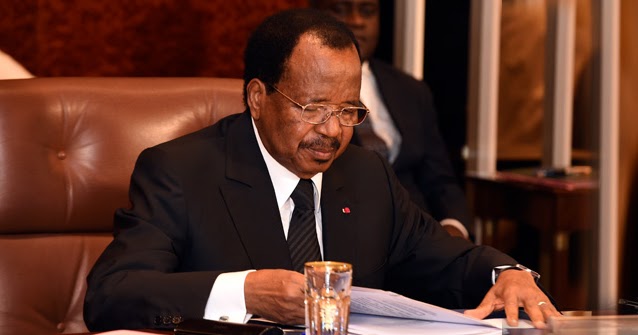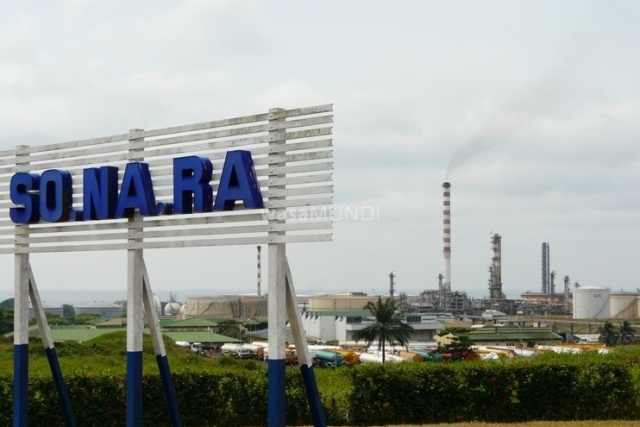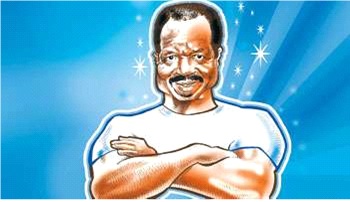Biya Regime on Edge: Cameroon Draws Sudan Comparison as Conflict Deepens
By Andre Momo
A provocative new article published by Foreign Policy has sounded international alarm bells, drawing stark comparisons between Cameroon and Sudan—two nations gripped by internal strife, authoritarian governance, and deep-rooted social fractures. The piece argues that if President Paul Biya’s regime continues on its current trajectory, Cameroon may soon find itself teetering on the edge of full-scale civil war, with consequences that could reverberate across Central Africa.
The article, which has gained traction among global policy analysts and human rights advocates, paints a grim picture: decades of centralized power, elite impunity, and systemic marginalization have created a combustible environment. The Anglophone crisis, now in its seventh year, is just one manifestation of a deeper national malaise—a crisis of governance that mirrors Sudan’s pre-collapse trajectory.
Cameroon’s Crisis: A Dangerous Pattern
Experts cited in the report point to chilling similarities between Cameroon’s current crisis and the slow-motion unraveling witnessed in Sudan. Both regimes maintained strong central control while violently suppressing dissent. Both refused to engage in substantive political reform, choosing instead to rely on military might. Both, critics argue, ignored the long-term risks of marginalizing entire regions and communities.
In Cameroon’s case, the continued refusal to engage with Anglophone leaders—both at home and in exile—has prolonged the war in Southern Cameroons. The Biya regime’s strategy of denial, distraction, and brute force has only intensified the crisis, leaving tens of thousands dead or displaced and entire towns reduced to rubble.
“Cameroon is sleepwalking toward catastrophe,” one international analyst noted. “And like Sudan before it, the world may only wake up when it’s too late.”
No Reform, No Peace
The Foreign Policy article underscores what many Cameroonians already know: that the government’s failure to pursue genuine political reform, including federalism or meaningful decentralization, is fueling instability. The Major National Dialogue of 2019 is now widely seen as a failed PR stunt, offering no structural solutions to the deep divisions plaguing the country.
In the absence of reform, public trust continues to erode. The Anglophone population—already alienated by decades of cultural and economic exclusion—now sees little hope in a unitary state that treats their identity as a threat.
Meanwhile, discontent is spreading beyond the English-speaking regions. Economic decline, rising youth unemployment, and political stagnation have left many Francophones disillusioned. The same centralized system that oppresses one region ultimately suffocates the entire country.
International Responsibility and the Cost of Inaction
Despite the escalating crisis, the international community remains largely passive. While some countries have issued statements of concern or called for dialogue, few have taken concrete action to address the root causes of the conflict. Arms sales, diplomatic cooperation, and economic partnerships with the Biya regime continue largely uninterrupted.
BaretaNews echoes the warning sounded by Foreign Policy: the cost of inaction is rising. As Cameroon drifts further into authoritarianism and conflict, the potential for regional destabilization grows. A civil war in Cameroon—Africa’s Central nervous system, bordering six countries—would not remain contained.
BaretaNews Calls for Action, Not Alarmism
At BaretaNews, we believe the Sudan comparison is not just a warning—it’s a call to action. The Biya regime still has a narrow window to avoid collapse, but it must choose accountability over arrogance, reform over repression, and dialogue over denial.
We call on:
-
The African Union and United Nations to initiate a formal mediation process involving all parties, including the Ambazonian leadership in exile.
-
The Cameroonian diaspora and civil society to continue raising awareness and applying pressure.
-
Opposition parties to form a united front and push for a transition that restores federalism and democratic governance.
Cameroon must not become another Sudan. The lessons are clear. The time for warnings has passed. The time for decisive action is now.





